She was one of the youngest general partners in venture capital. Now she’s at the forefront of AI investing
Sarah Guo invests in the next frontier of AI through her firm Conviction.

Sarah Guo didn’t just grow up around startups—from her youngest years, she was immersed in one.
Her parents ran Casa, a cable and telecom infrastructure startup serving industry giants like Cisco, Ericsson, and Time Warner. The team was relatively small and tight-knit—and it was challenging 10,000-person competitors on the strength of their products. Guo was drawn to startup chaos even then, showing up to the office each day after school. Surrounded by snacks and Diet Cokes, she’d tag along with engineers, soaking up how their jobs really worked and learning to code.
“It was really formative for me to see how fun and stressful startups were,” Guo said. “It wasn’t a particularly well-networked group of people, but the product was the best in the market.”
Fast-forward to today: Guo is the founder of Conviction, one of the most talked-about venture firms investing in the hottest area in VC: AI. Since Guo founded Conviction in 2022, the firm has backed some of the buzziest AI startups out there, including the legal AI startup Harvey (last valued at $3 billion), French open-source AI startup Mistral (last valued at $6 billion), inference platform Baseten (last valued $825 million), and ex-Salesforce co-CEO Bret Taylor's conversational AI platform Sierra (last valued at $4.5 billion).
Guo is part of a wave of VCs—from legendary firms like Sequoia Capital to accelerators like Y Combinator—looking to invest in this transformational next era of technology. And as a sought-after early-stage investor, her firm will be on the ground floor shaping what that future of AI looks like.
‘Trust and understanding’
Conviction has so far remained small, with eight people on staff including Guo and former Sequoia partner Mike Vernal.
“I don’t care a lot about scale and power,” says Guo. “I don’t think that’s how entrepreneurs make their decisions about early-stage partners. I think they care about trust and understanding. They do care about brand, and they should. But that’s different from: ‘I need the $10 to $50 billion AUM manager behind me as the first check.’”
Before founding Conviction, Guo became a general partner at vaunted VC firm Greylock while still in her 20s. She left that position behind to strike out on her own. So, in addition to AI, her firm is right in the middle of another trend: the bifurcation of venture.
A challenger?
As firms are becoming bigger, some are leaning into the “collect-them-all” ethos of asset management, moving away from venture’s cottage-industry tradition. Guo is sometimes talked about as a challenger to established VC firms, a notion she doesn’t think fits.
“I actually think I’m pretty traditionalist,” says the 35-year-old, who fundamentally sees venture as as services business. “I’m going to say a couple things that—ludicrous to me—are controversial. Some of my very favorite growth and crossover investors, and other early-stage investors, will say that judgment doesn’t matter. That it’s all just access and a random draw. I don’t believe that, and we don’t behave as if that’s true.”
Life after ChatGPT
The early days of Conviction were an expected whirlwind; as ChatGPT came out, Guo was looking for office space. She'd personally been an early investor in Inflection AI, cofounded by Greylock's Reid Hoffman and DeepMind's Mustafa Suleyman, so the underpinning technology didn’t surprise her, exactly. What she has been surprised by is the rate of change, and how quickly longstanding assumptions can become obsolete. Case in point, from well before she started Conviction—in 2016, Guo considered leaving Greylock to start an AI company with Andrew Ng, AI research pioneer, cofounder of Coursera, and founder of Google Brain. Their idea: An AI-driven language learning startup.

She ultimately decided that the technology wasn’t there at the time—but recently told Duolingo cofounder Luis von Ahn that he got it right. (“It took a minute,” she says he told her.) Now, she recalls that example to illustrate how fast AI is evolving.
“I'm not at all saying that I would have been able to build anything like Duolingo,” she says. “But what I am saying is that the market is now possible, and I think that’s now true for a lot of things. One of my big beliefs about doing venture in 2025 in AI is that a lot of your priors, your existing beliefs about markets just don’t make sense anymore. They’re not actually relevant, because the technology changes a lot."
Guo hosts a podcast with famed solo GP Elad Gil called No Priors. And, in some sense, that’s the crux of the thesis behind Conviction—that we can't trust our previous assumptions and that it's going to take work to find the truth. In that pursuit, Guo publishes all her LP letters, essentially open sourcing her thinking. “You are much more likely to find the truth if you are curious and willing to be wrong," she says.
Guo’s bet that AI matters has proven to be right, but she still faces the question that all investors in the space do: Where is the long-term value in AI? Guo thinks about the crystal hammer gag gift she received from an investor friend when she started the firm, amid a wave of skepticism.
"The joke was that you have this AI hammer, and that’s not the way you should go looking for companies to invest in,” Guo explains. “And I’m like, well, it kind of depends: How good is the hammer? AI is a great hammer. So, what are the interesting nails out there in the world?"
This story was originally featured on Fortune.com


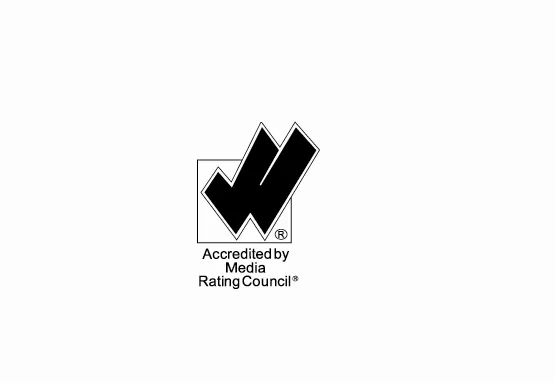

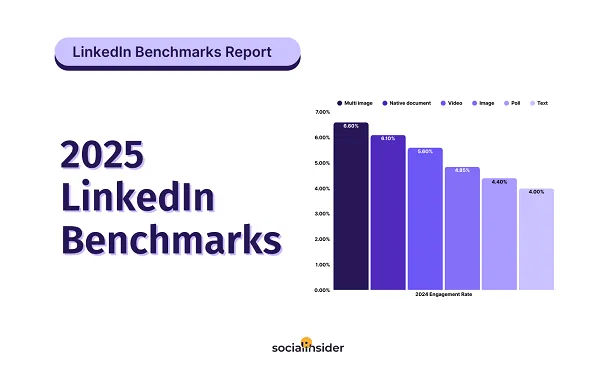
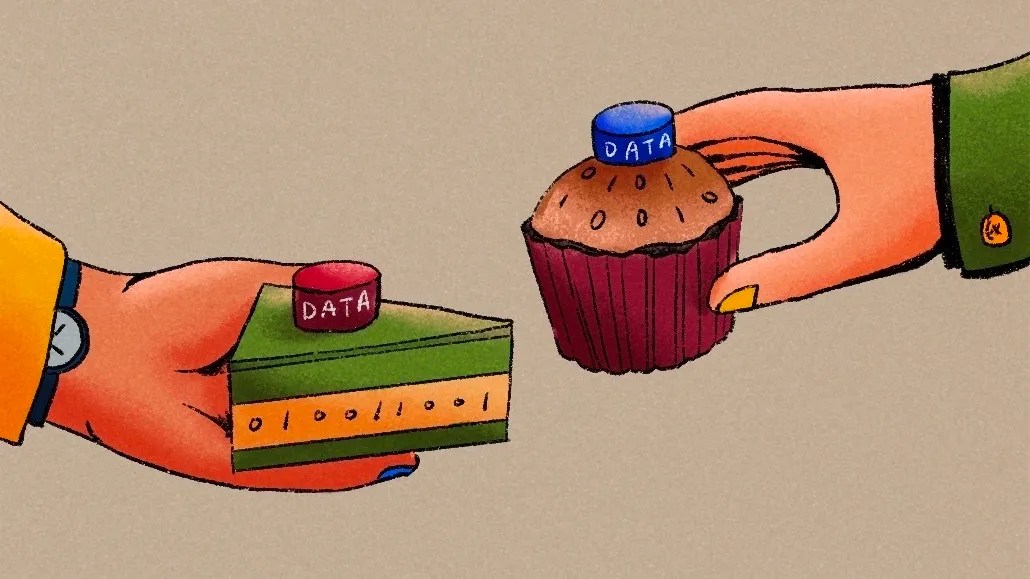


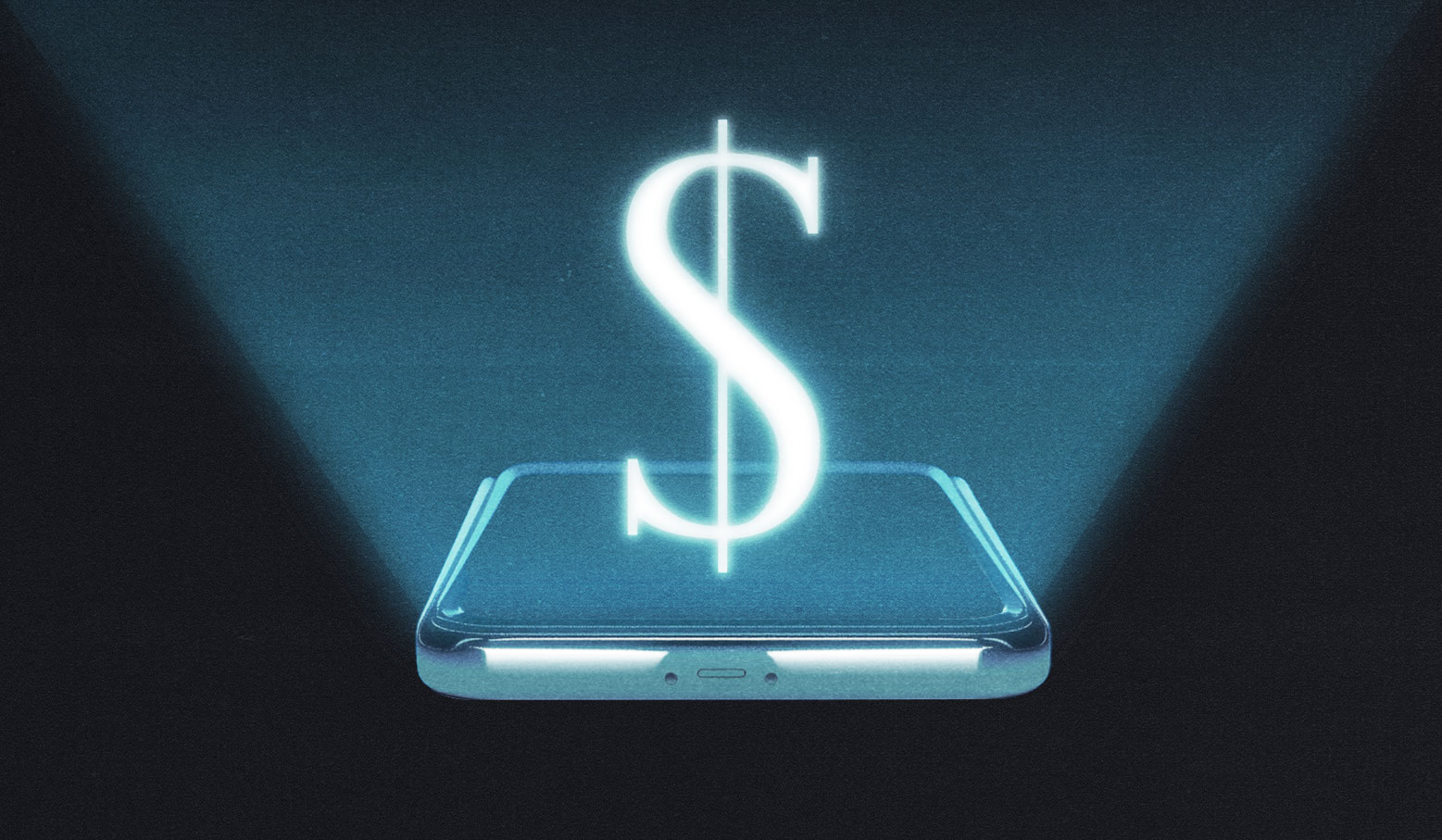














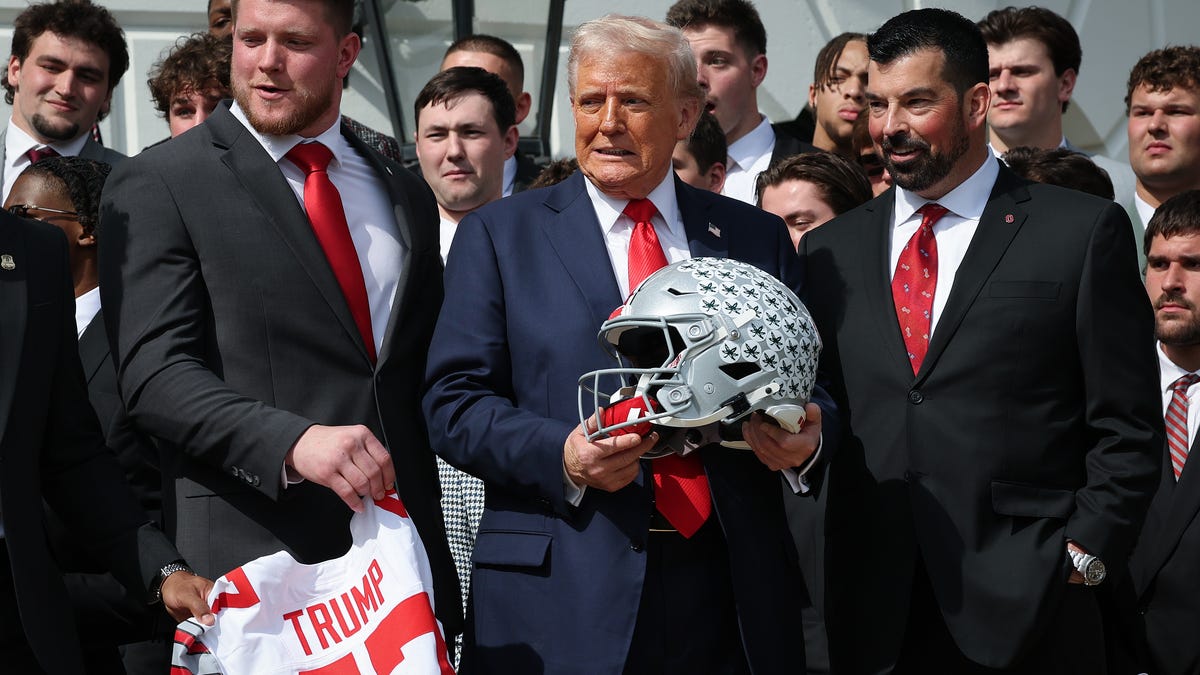









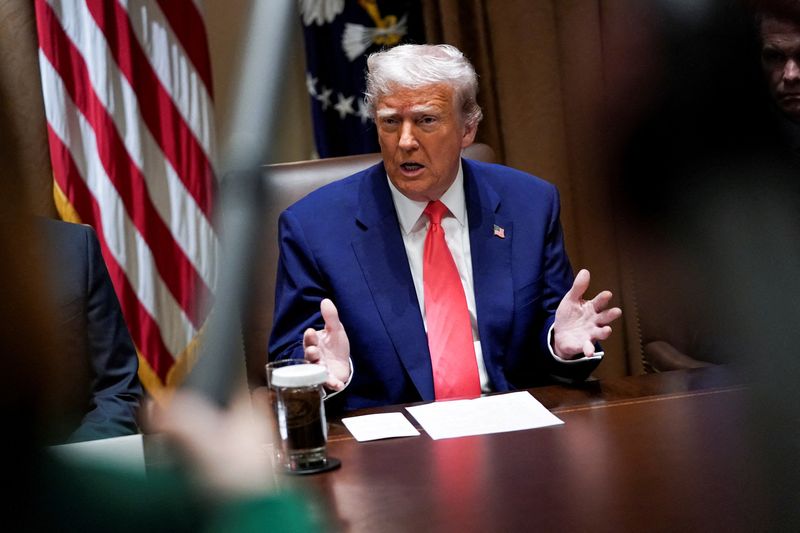






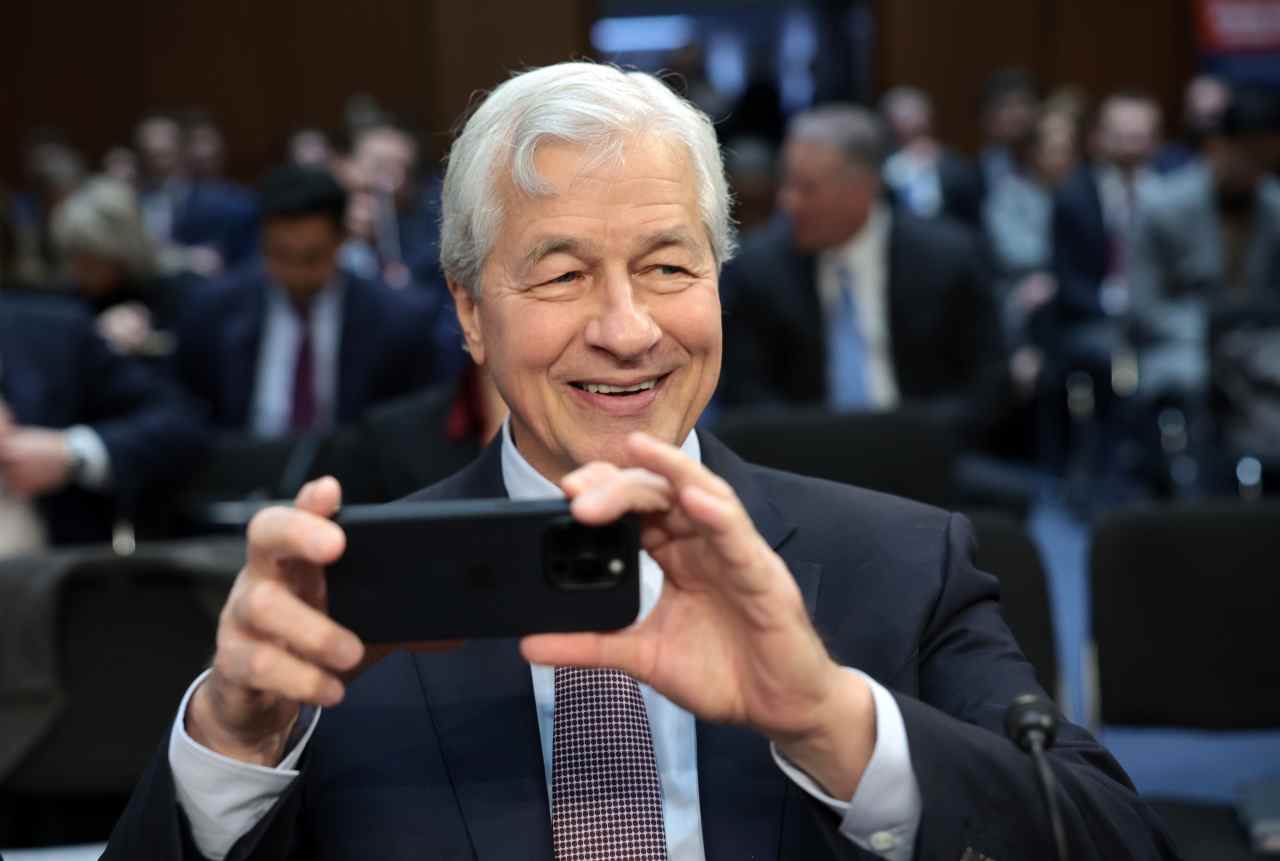
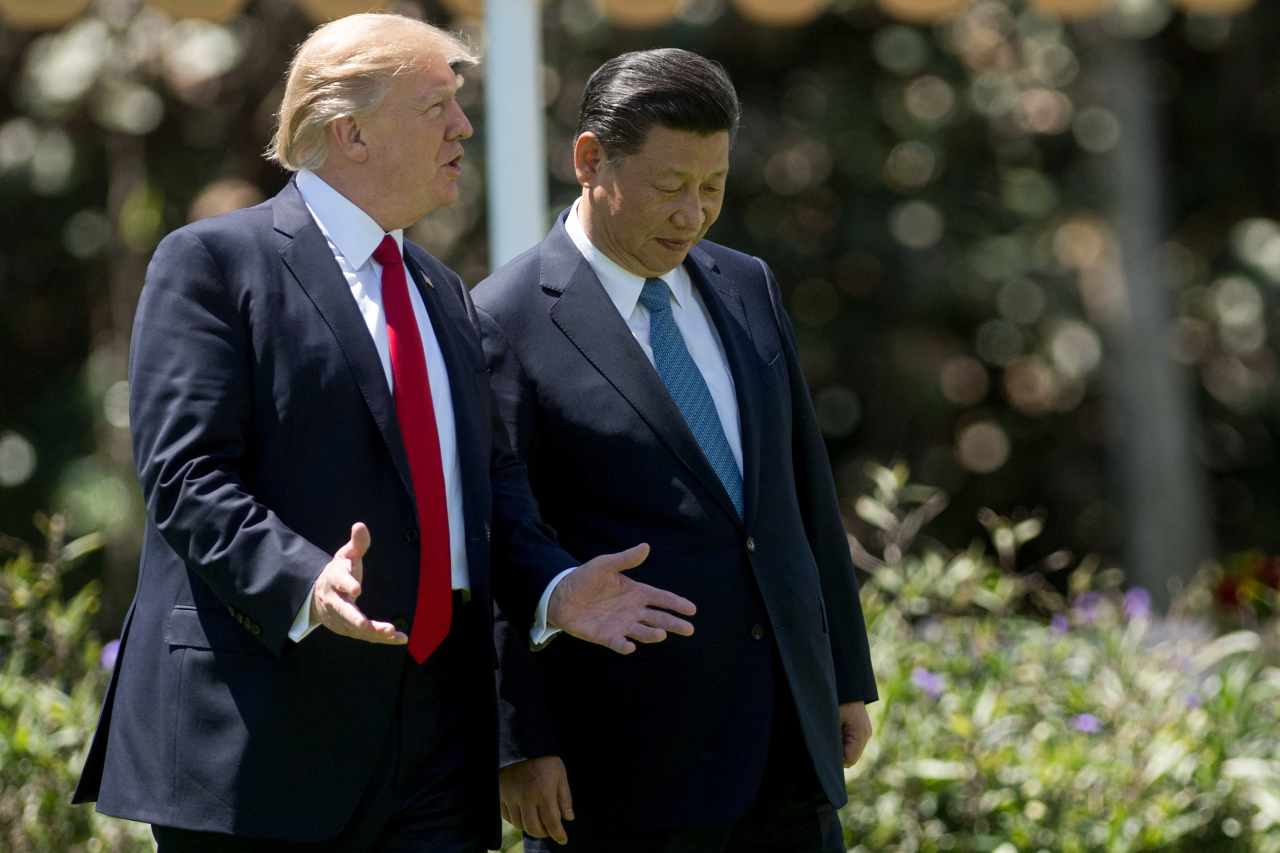
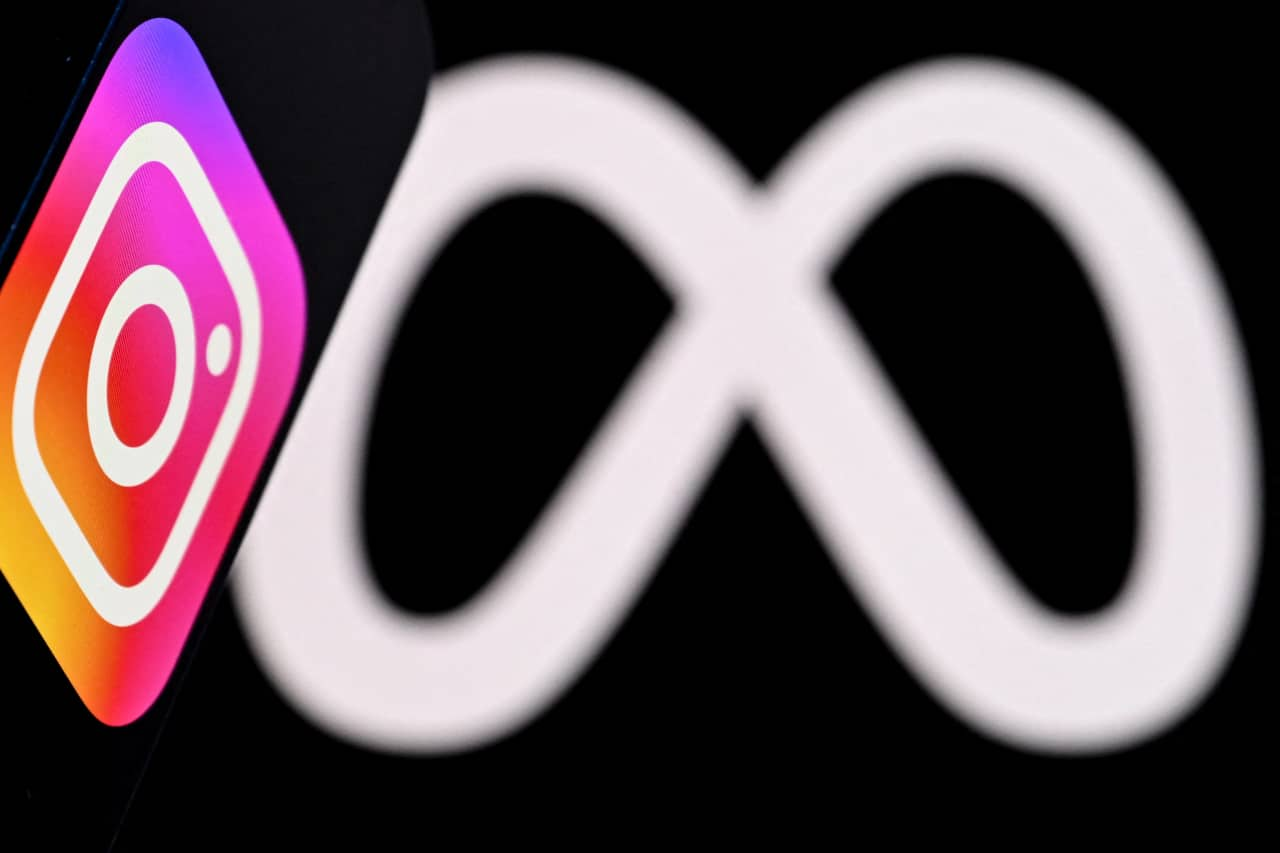
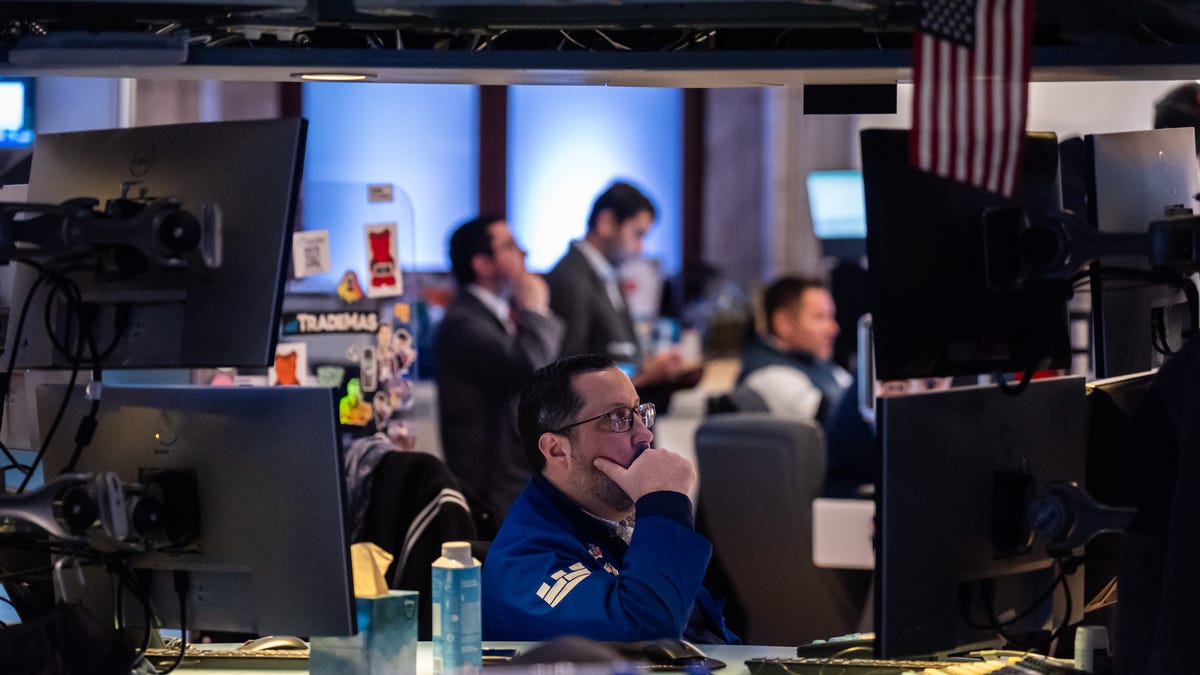
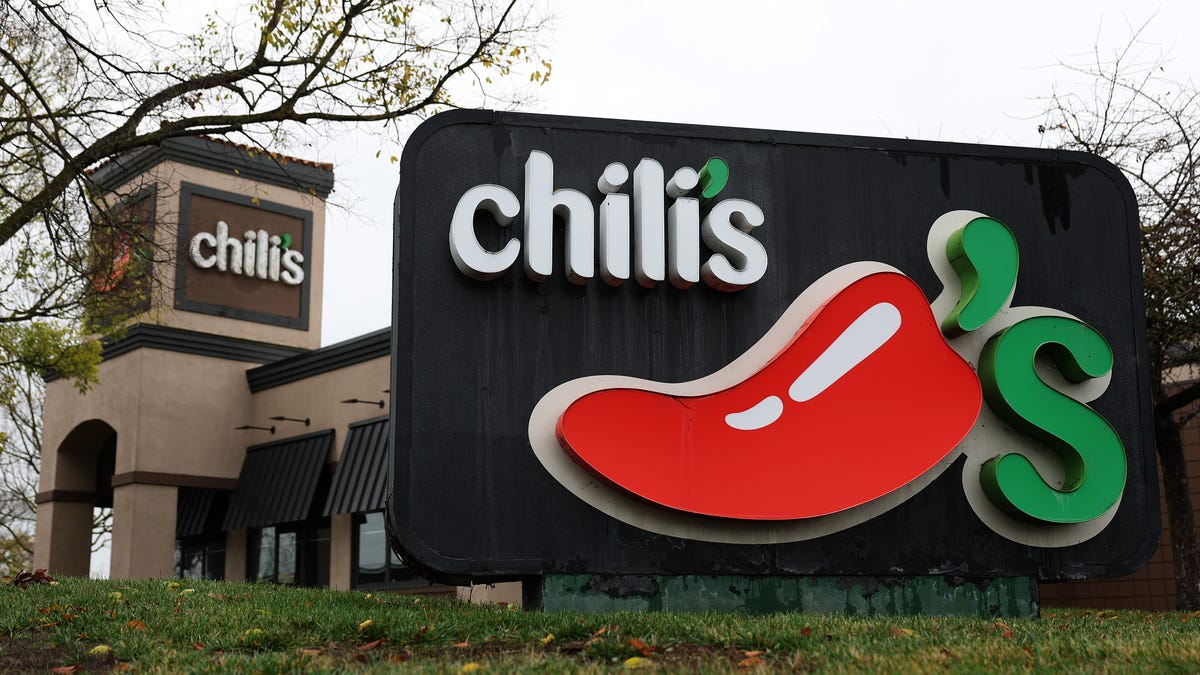















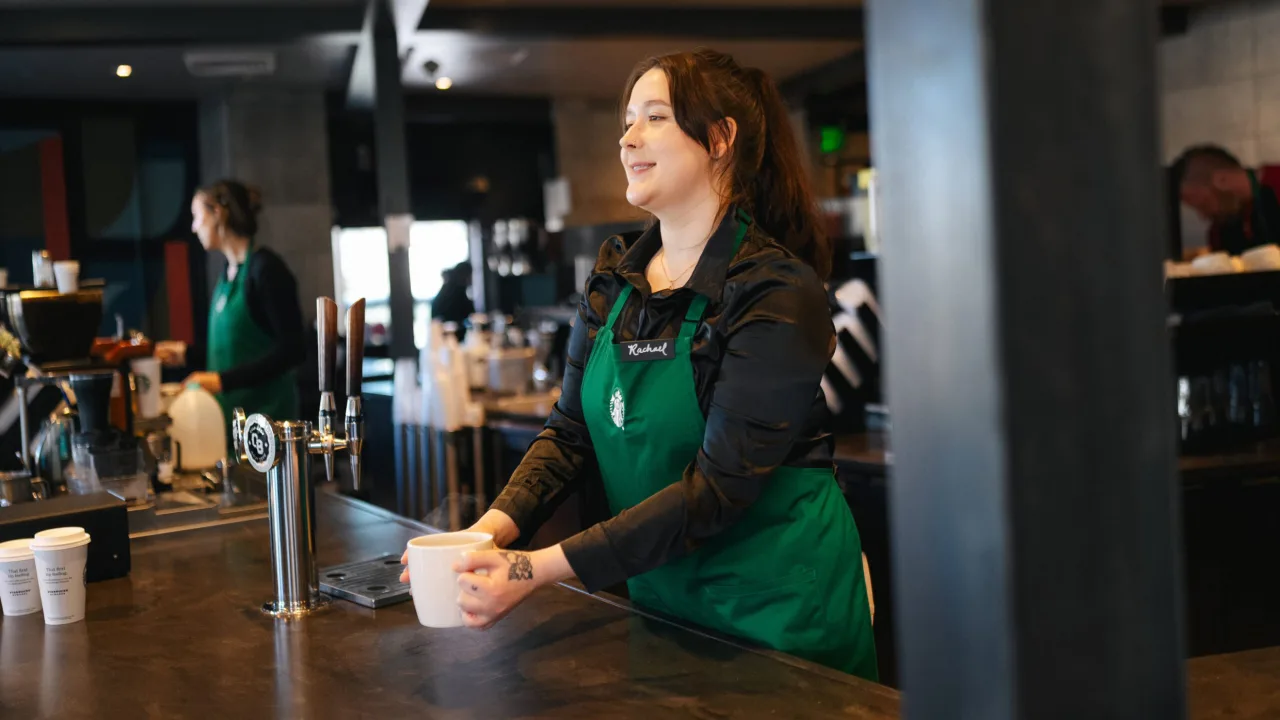













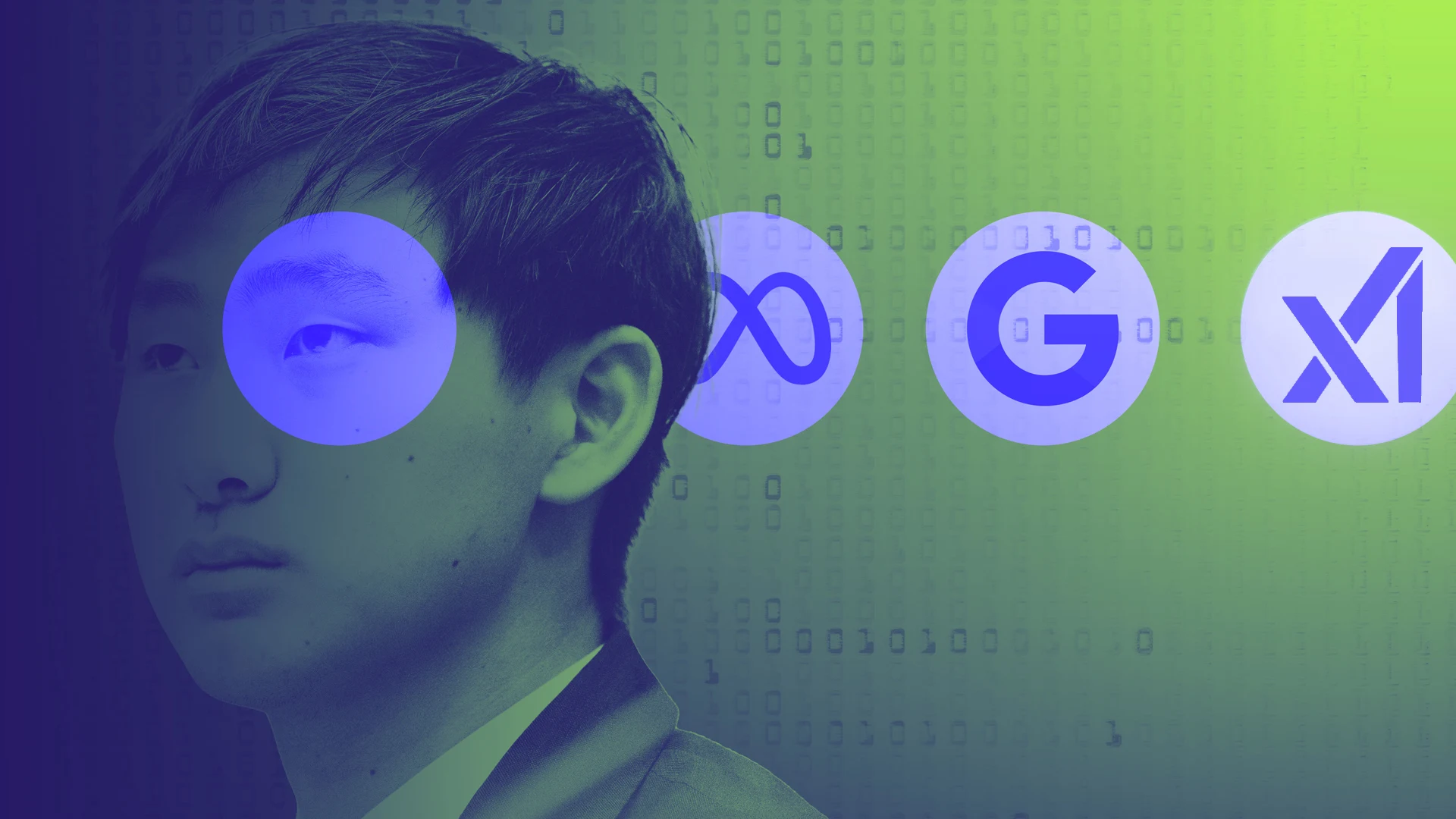

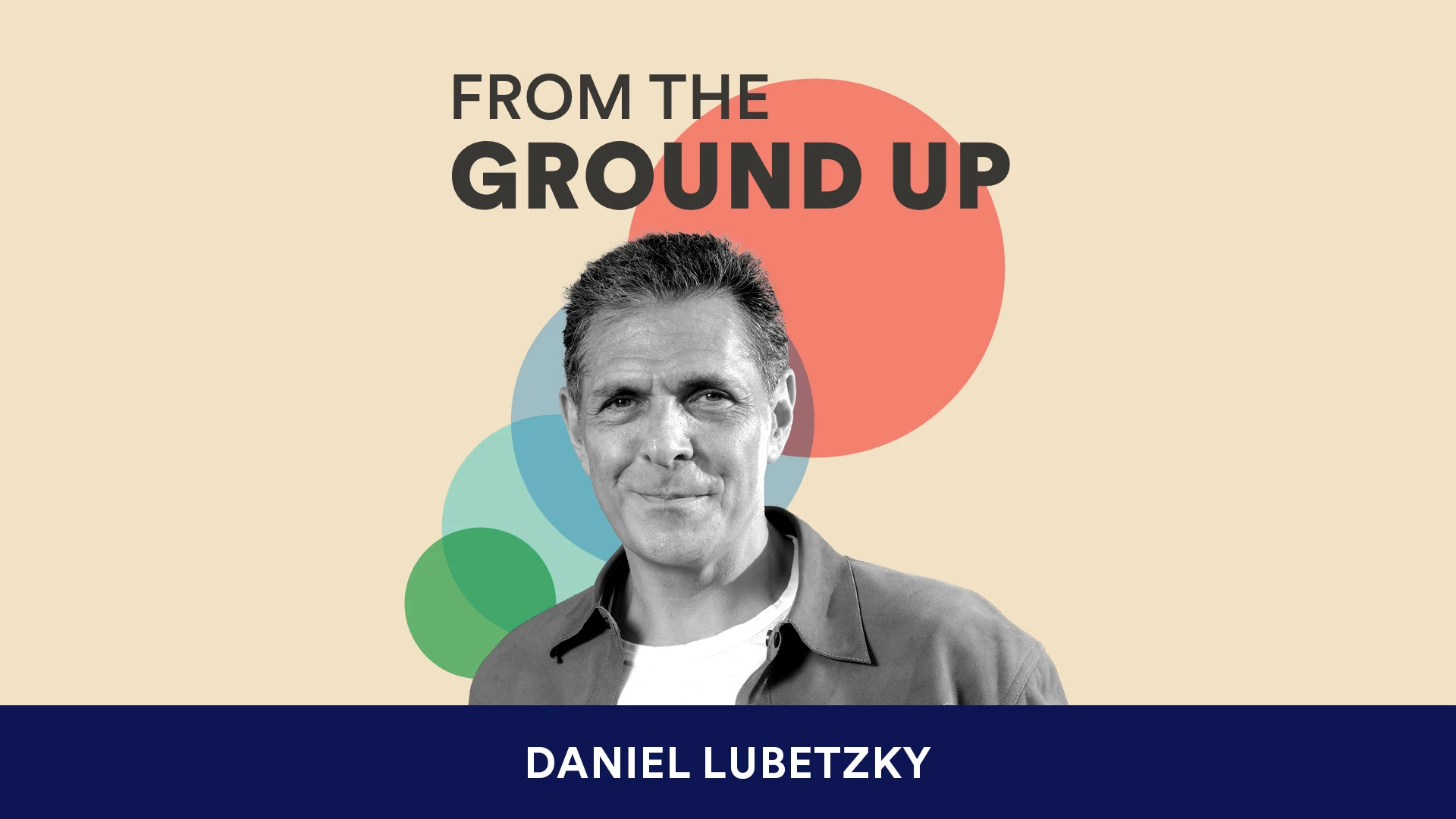

































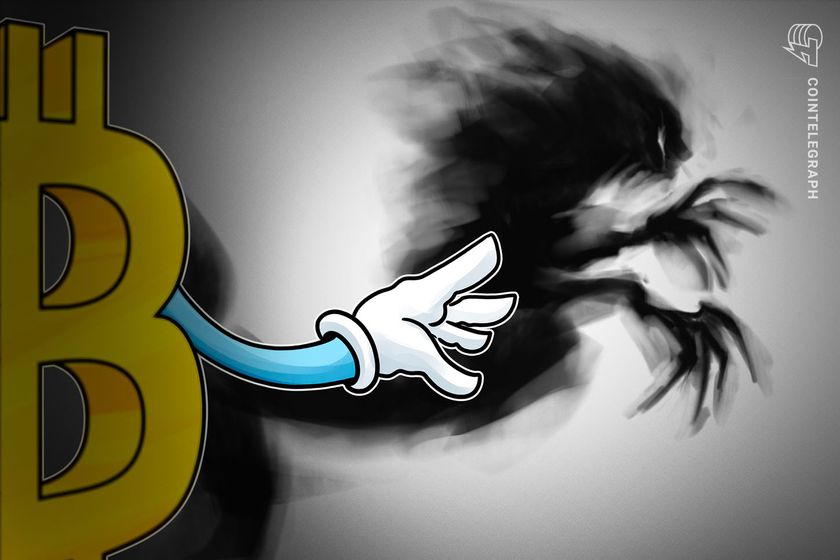


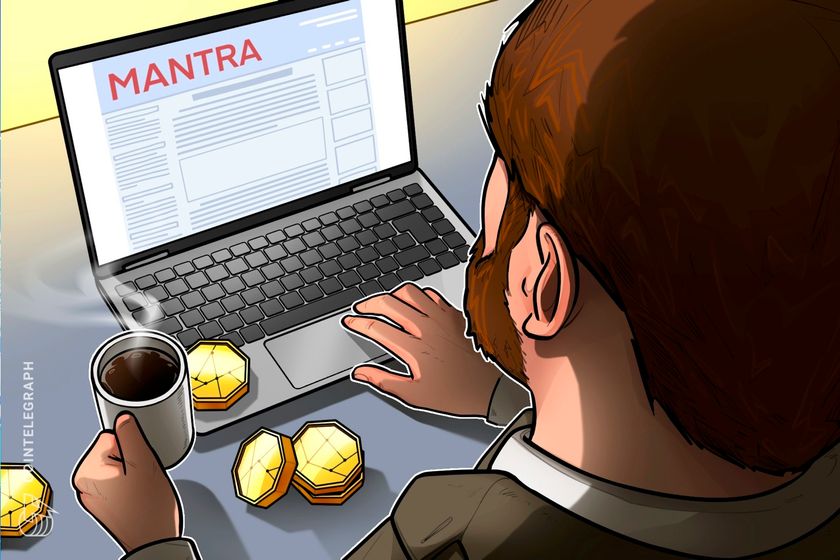
















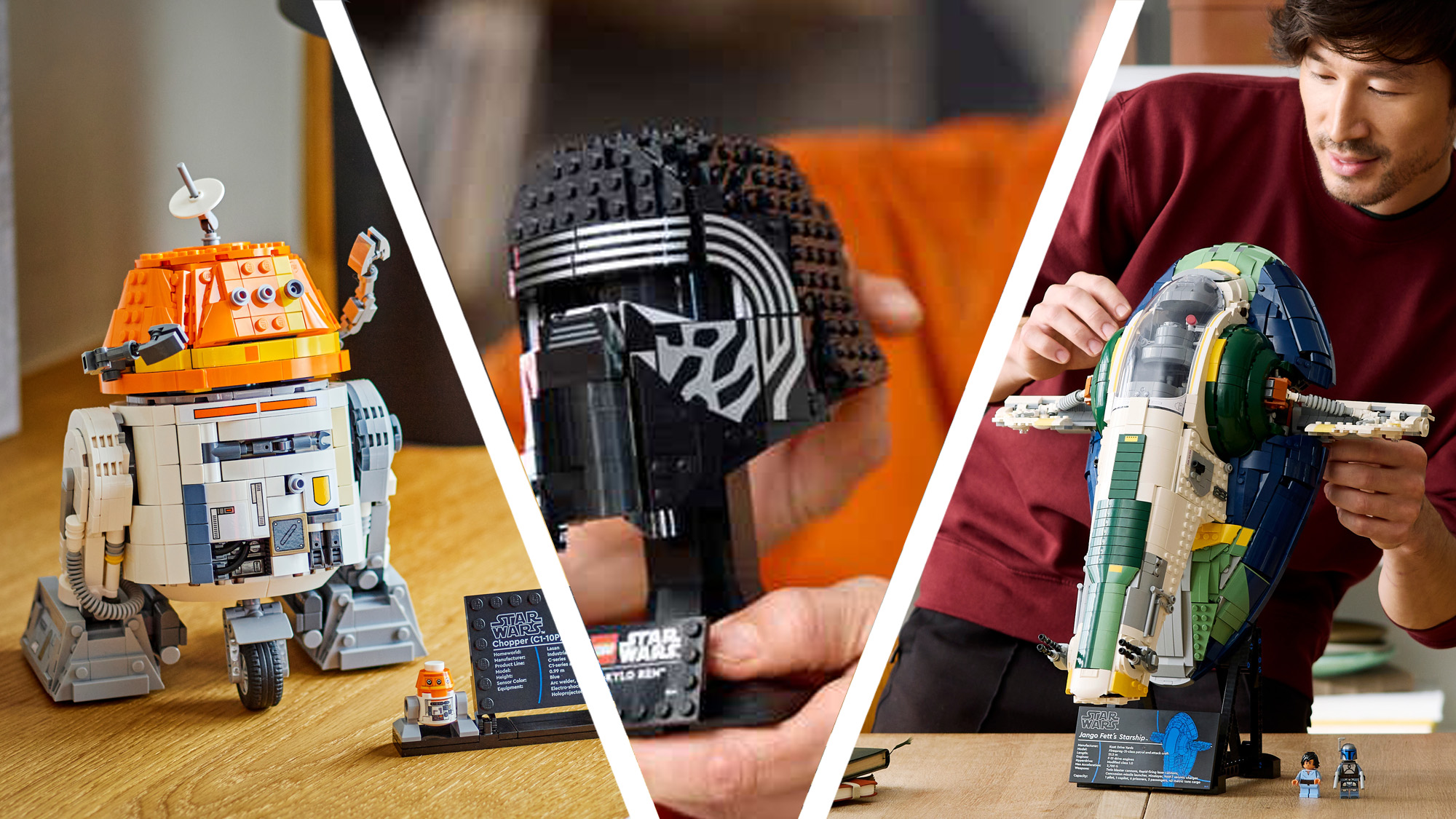






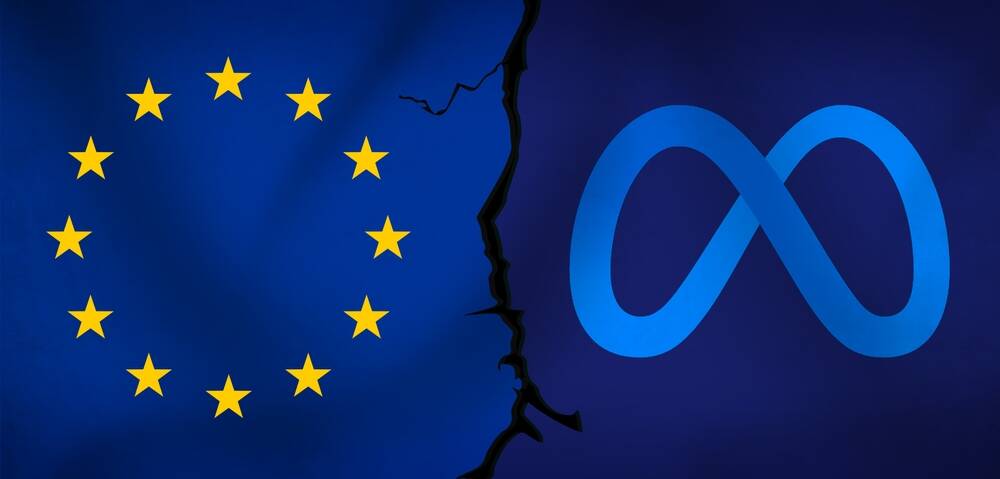

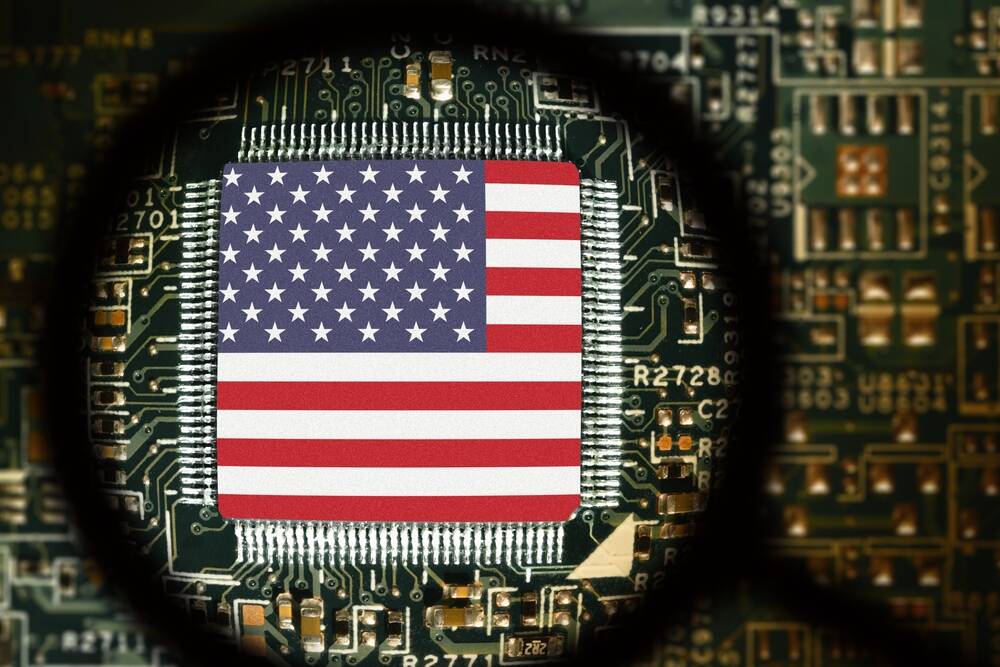






































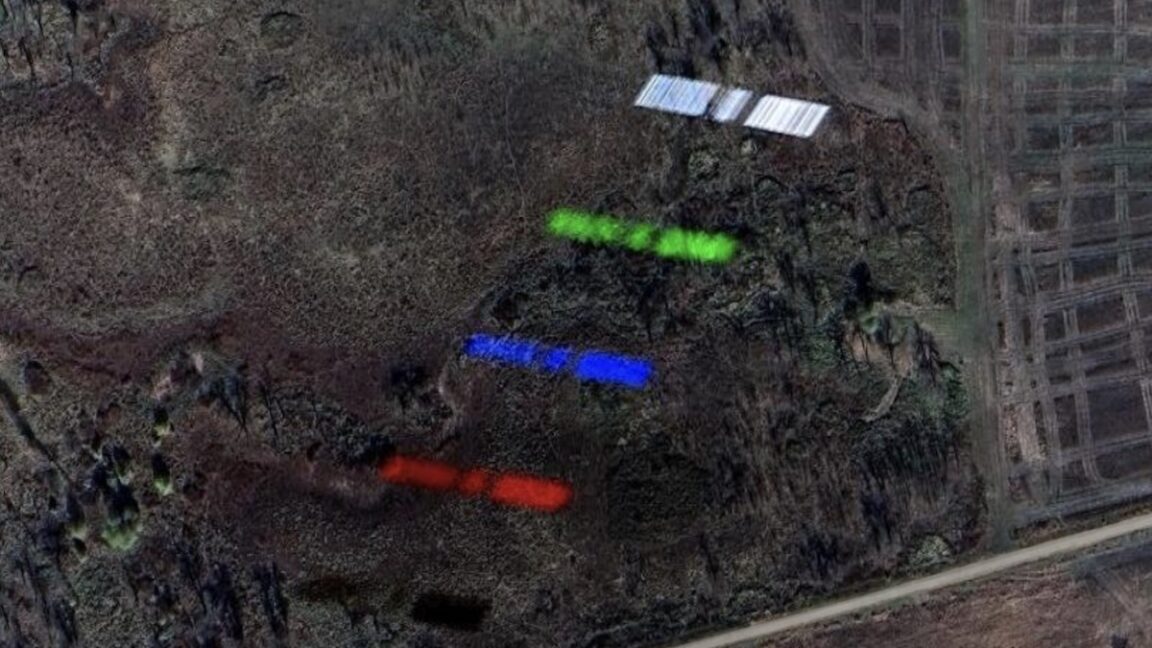

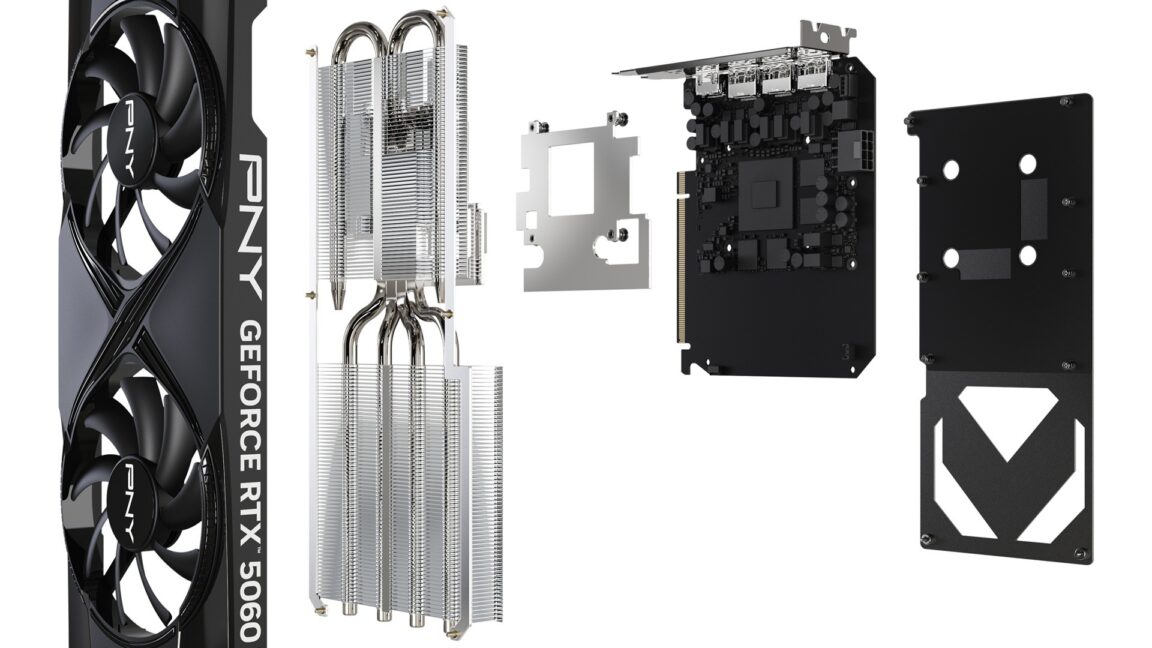





![How to Find Low-Competition Keywords with Semrush [Super Easy]](https://static.semrush.com/blog/uploads/media/73/62/7362f16fb9e460b6d58ccc09b4a048b6/how-to-find-low-competition-keywords-sm.png)



